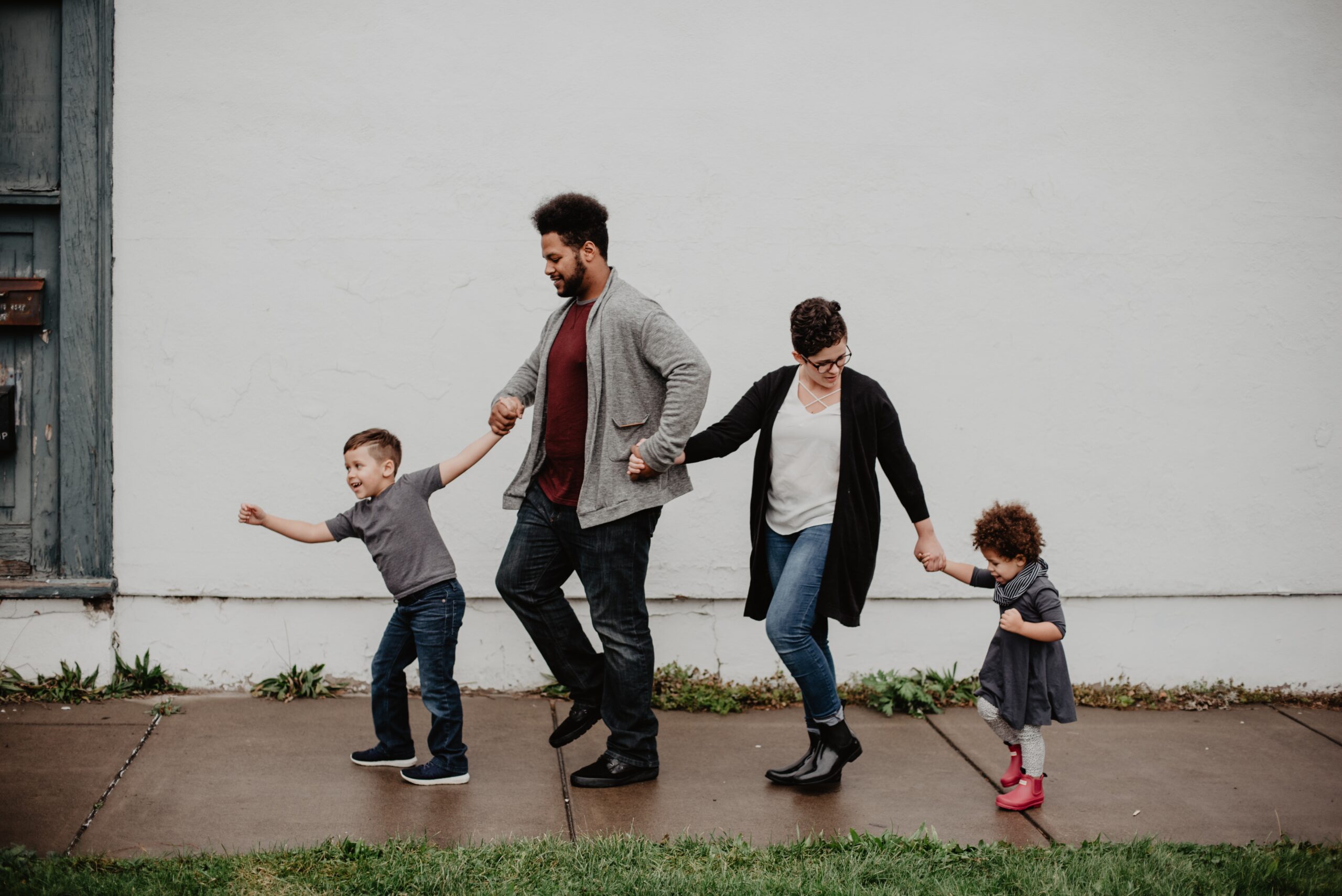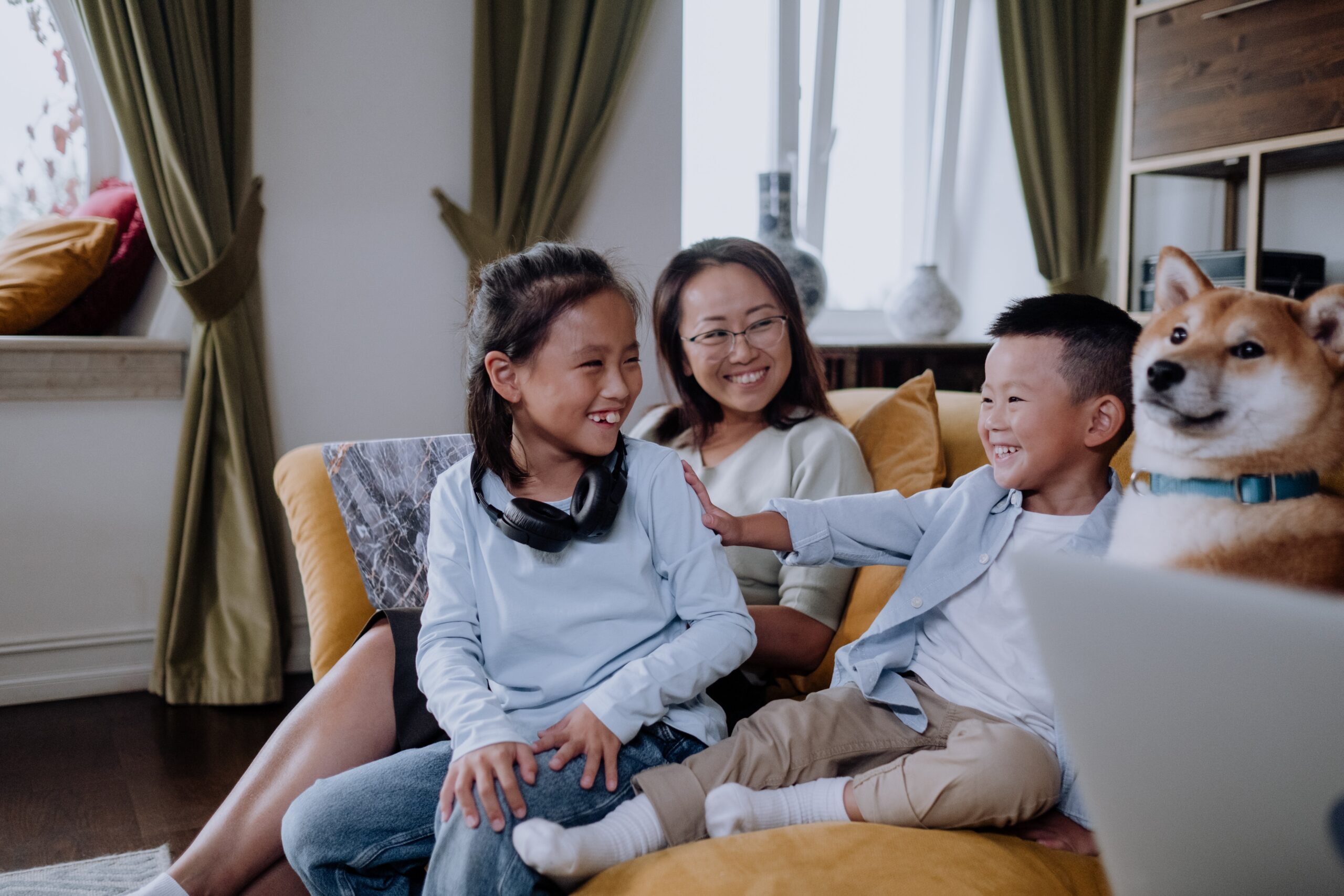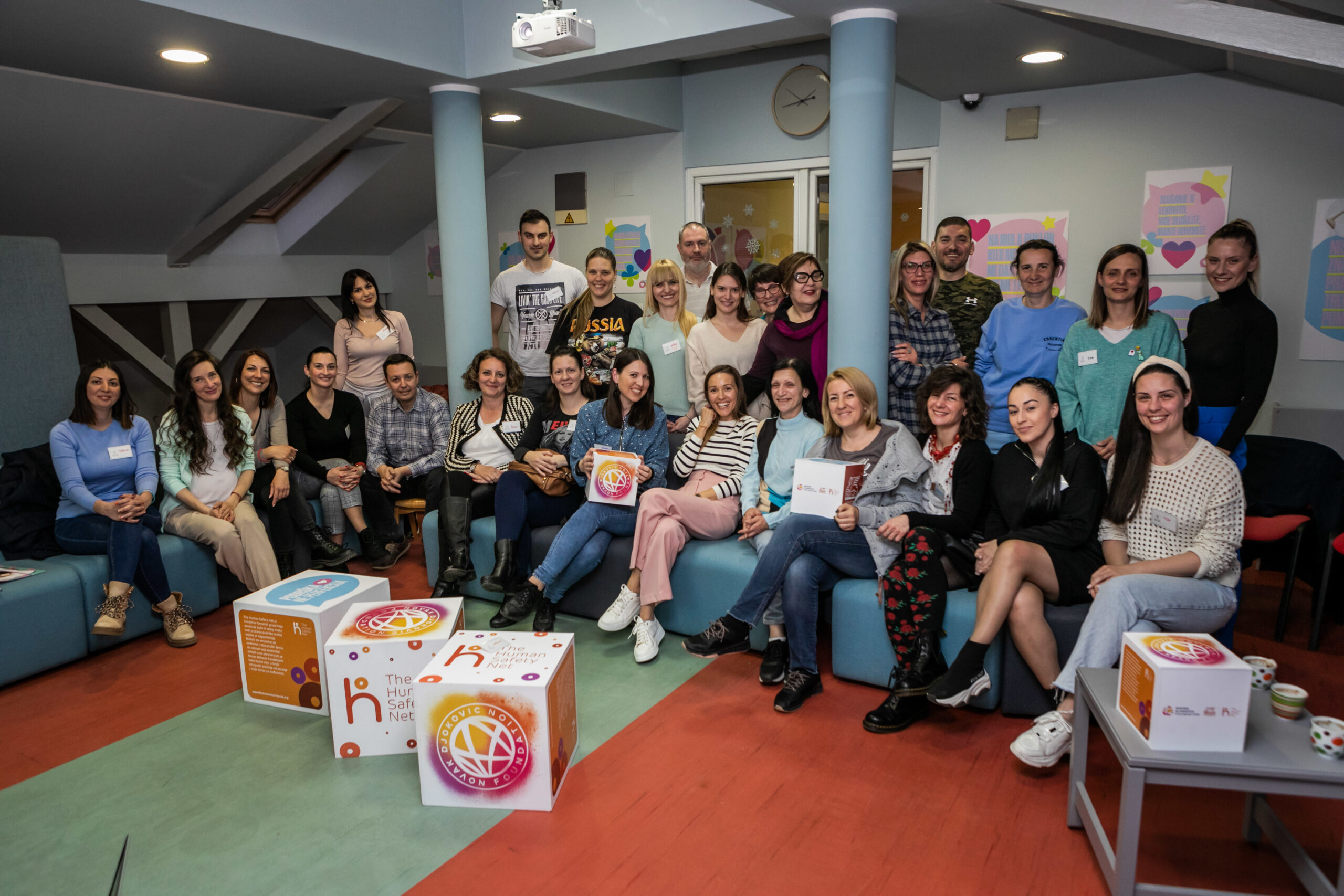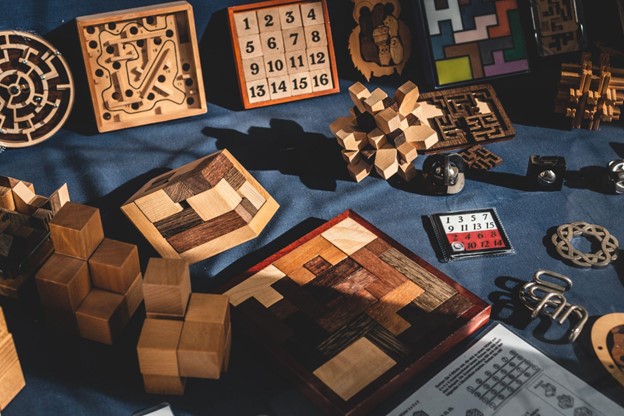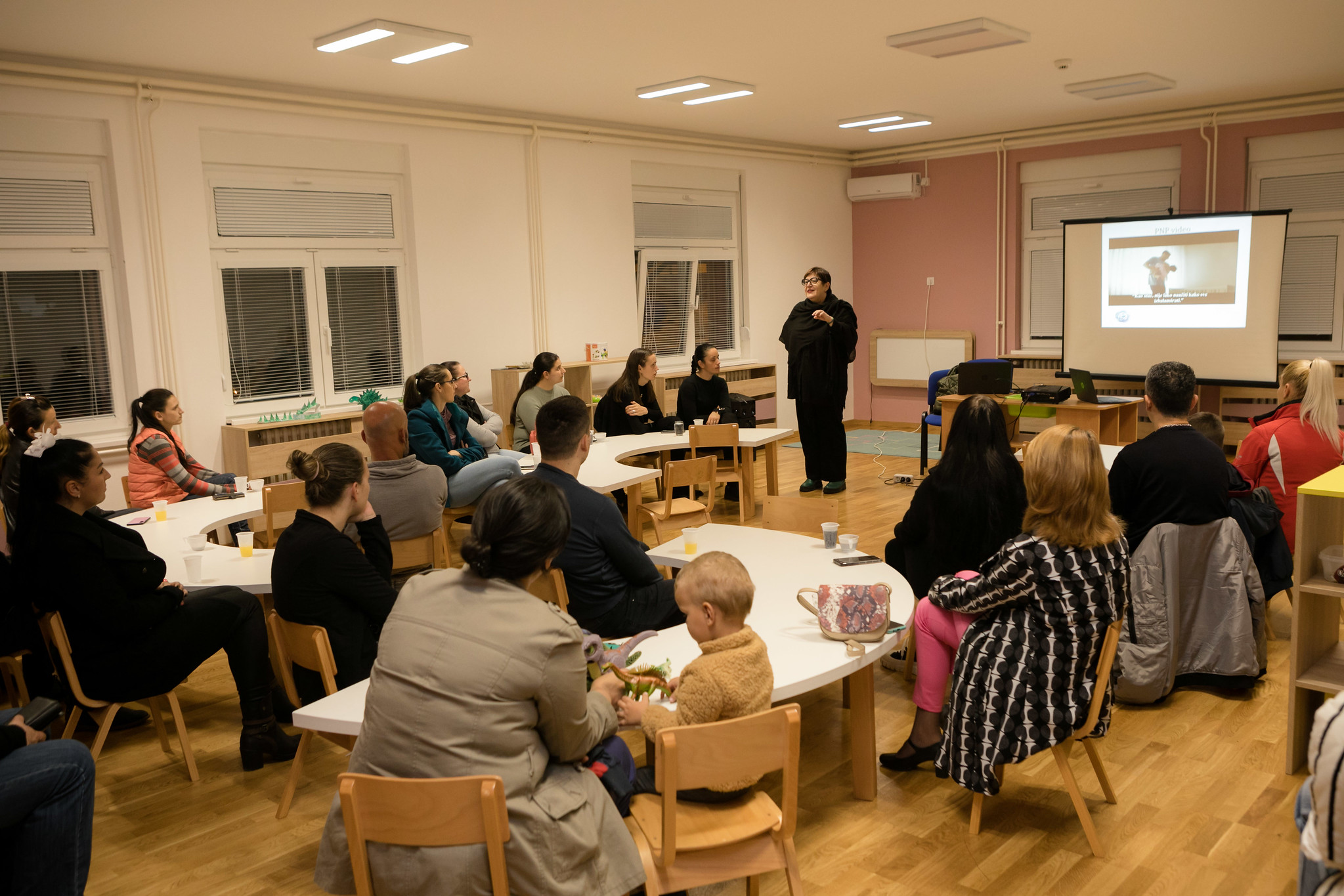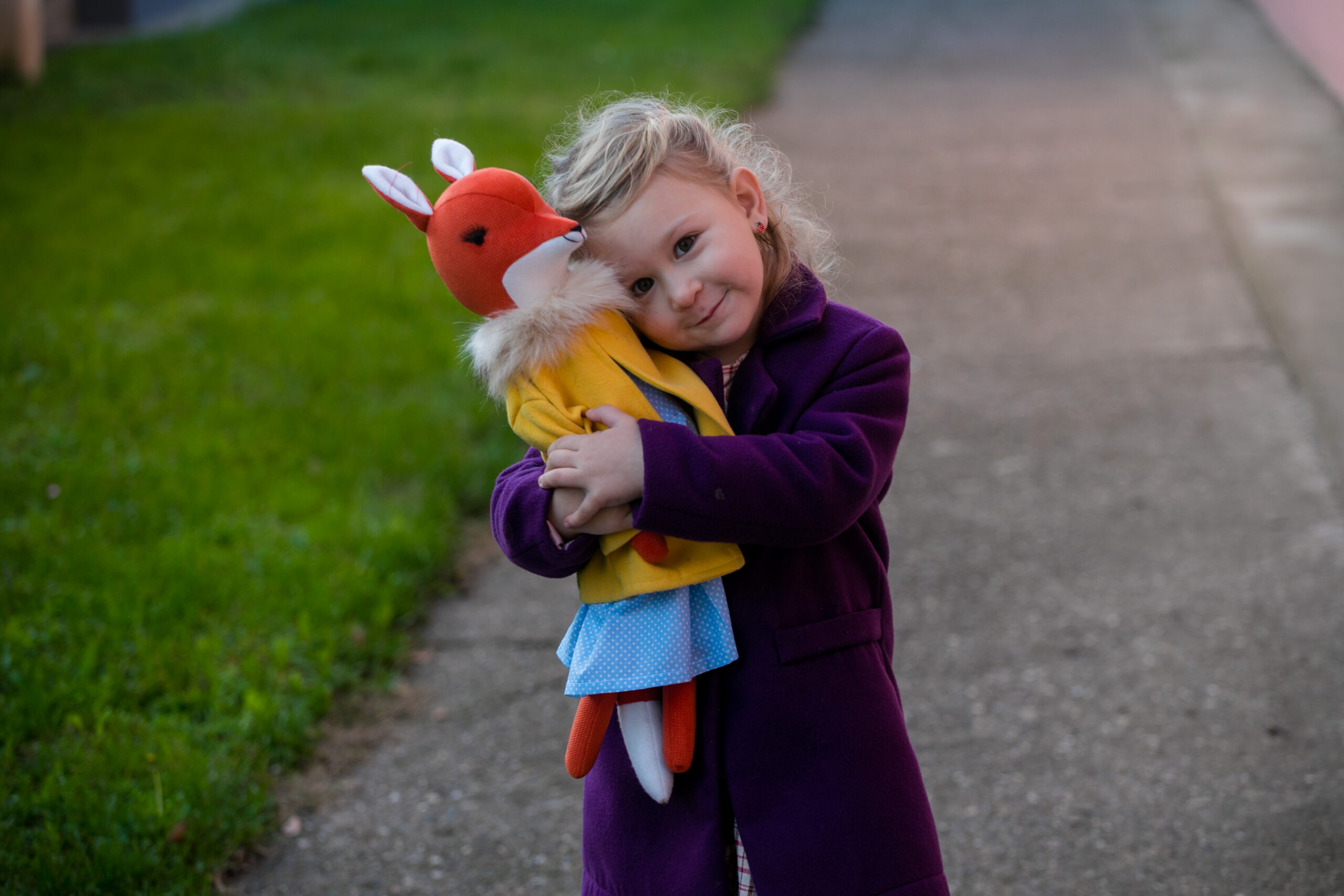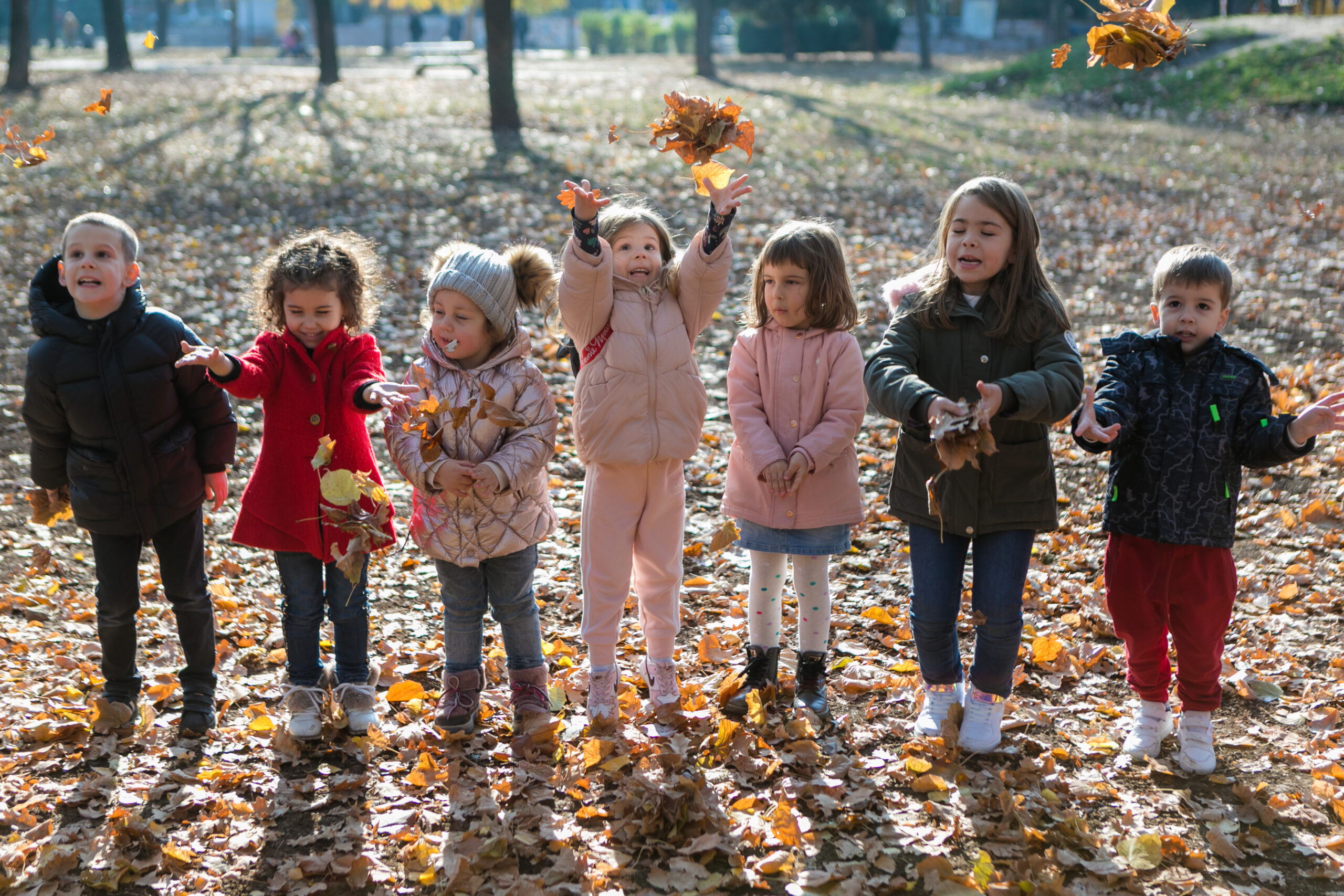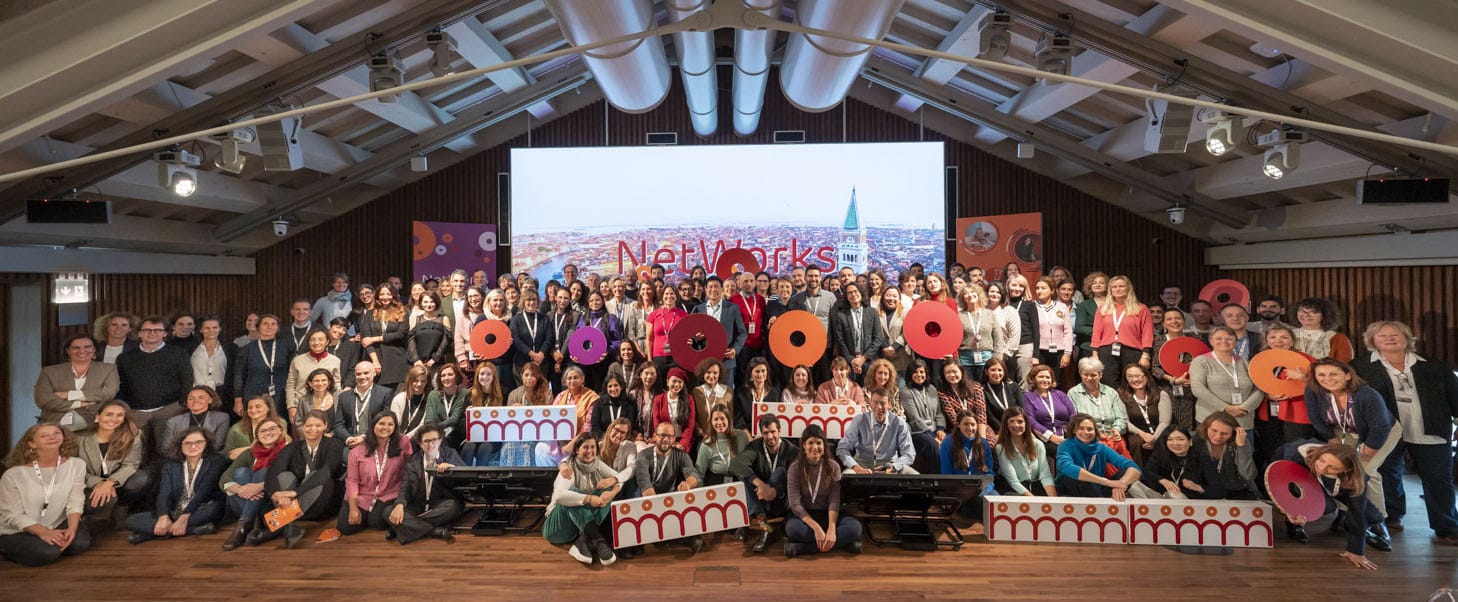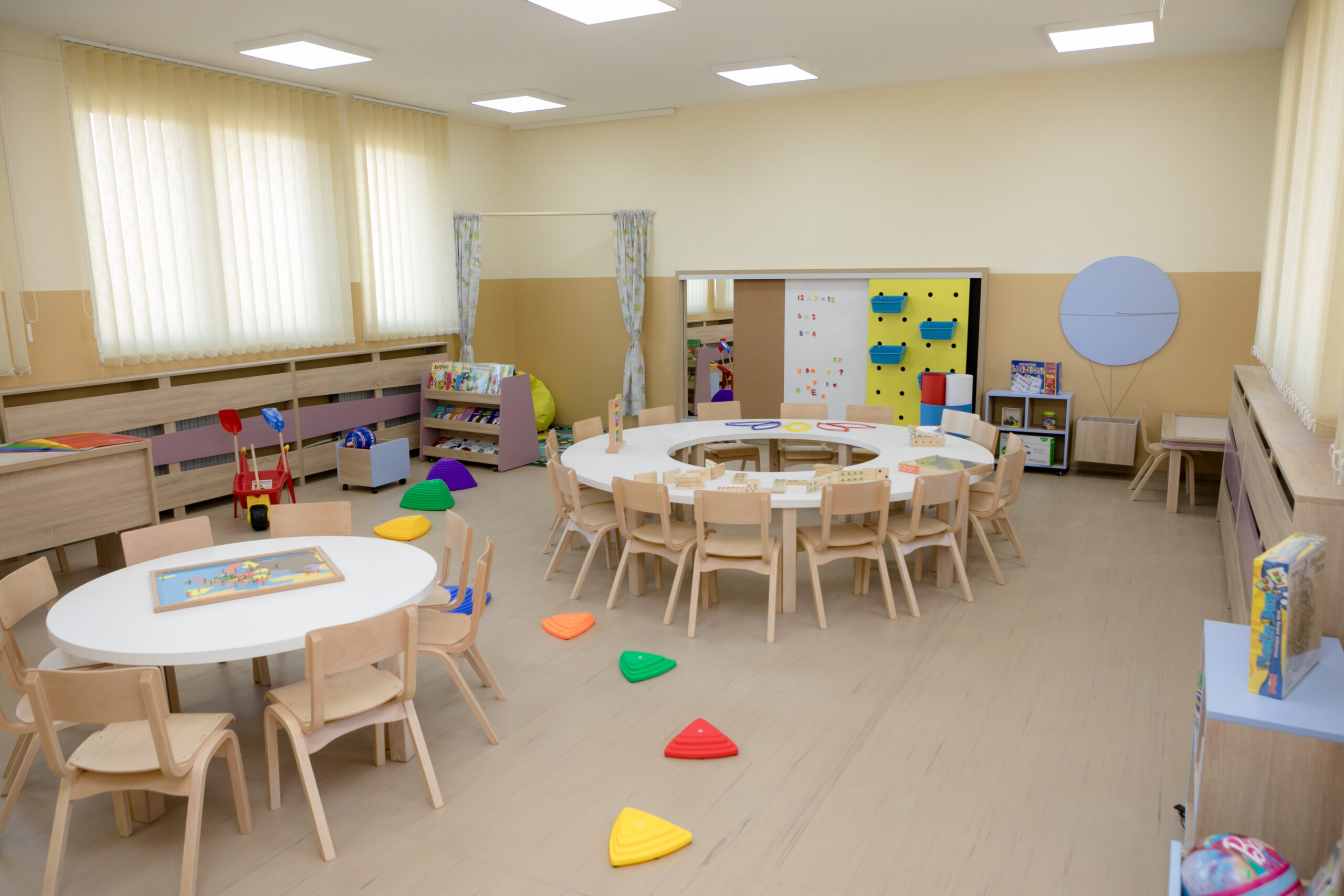Many parents responded to my offer I shared with you in my last blog and sent me a lot of interesting questions via social media. I have noticed that nowadays, parents are troubled by similar challenges, so that’s why today I want to share with you one question and my response publically, as I believe it will help others too. So, mom of Anja and Andrija, aged 5 and 6, shared with me her problem:
The children insist we go to the playground, even though I explain them why we can’t. However, the more I explain, the more the children insist we leave the apartment. Then my husband and I lose control and it becomes complete chaos. In the end, we have to take some unlikely measures that make everything worse throughout the day.
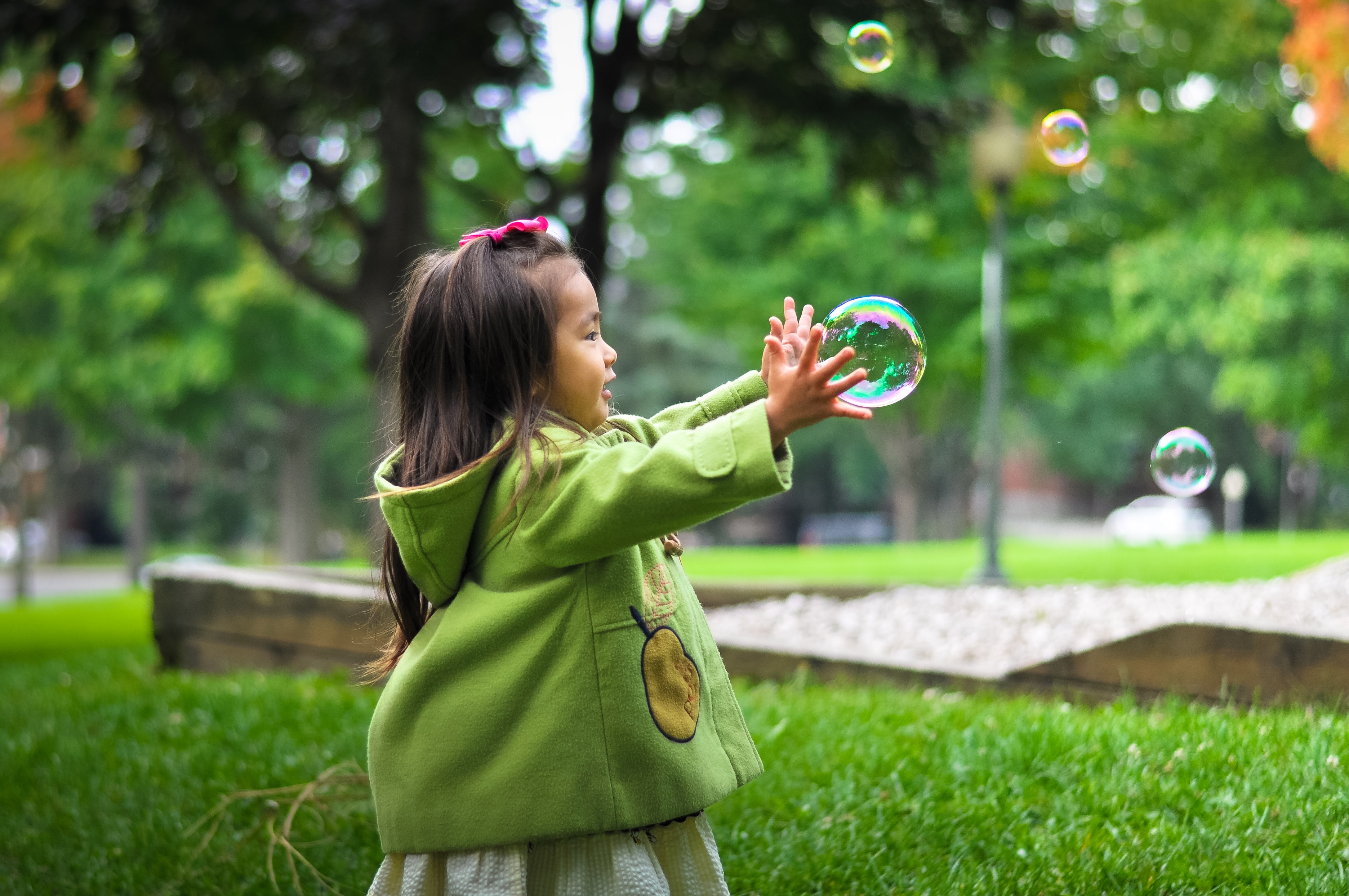
What the child wants is for you to understand what they need in this situation.
The first thing that needs to happen after a child’s question, is that you stay calm.
How easy that is to say, or write, and how hard it actually is to accomplish in a real situation. I wrote about that in the past, and the point is that no one is perfect, nor do they need to be.
And it is very likely that you will lose control, especially if you already talked to the children about the new situation. Here are some typical parent reactions which are an indicator that you lost control.
When a parent says “No, you can’t, and that’s it”, children then ask ‘Why?’.
Usually, parents respond like this:
“Because I said so!” “Go play, nothing’s stopping you!” or “Child, do you know how dangerous it is to go to the playground right now, we will all get sick” or “God how do you not understand, do I need to repeat myself 100 times” or “I can’t believe you are so stubborn” or “Endure it” or “You are driving me nuts!” or, “We thought you were smarter…”
Let’s see what you should try to say instead of the above and why.
When you say “no”, you are not telling your child anything special. You are just placing yourself in a position of power and the child gets the impression that it’s not important to you, that you don’t care about what they need.
What the child wants is for you to understand what they need in this situation.
So, instead of that, it is better to try and show some understanding to your child:
“I believe that it’s hard for you to be at home all day. You would like to go to the playground and play with other children. Did I understand that right?”
In this manner, you show that you understand the child. And when you show understanding, the child is more prepared to hear your arguments as to why it is not good to go outside now. Understanding calms the atmosphere and relaxes, in this case, the child’s insistence to have things go their way, which can further frustrate parents.
Once the child confirms you have understood it, you can use a calmer tone, as true masters of its intensity and tone, to explain to the child why they are sitting at home. In this way, you bond with the child, and it is more ready to hear the reasons you speak about.
That is the principle: “I understand the child, and then it understands me.”
The principle is not: “You should understand me because I am older and smarter!”
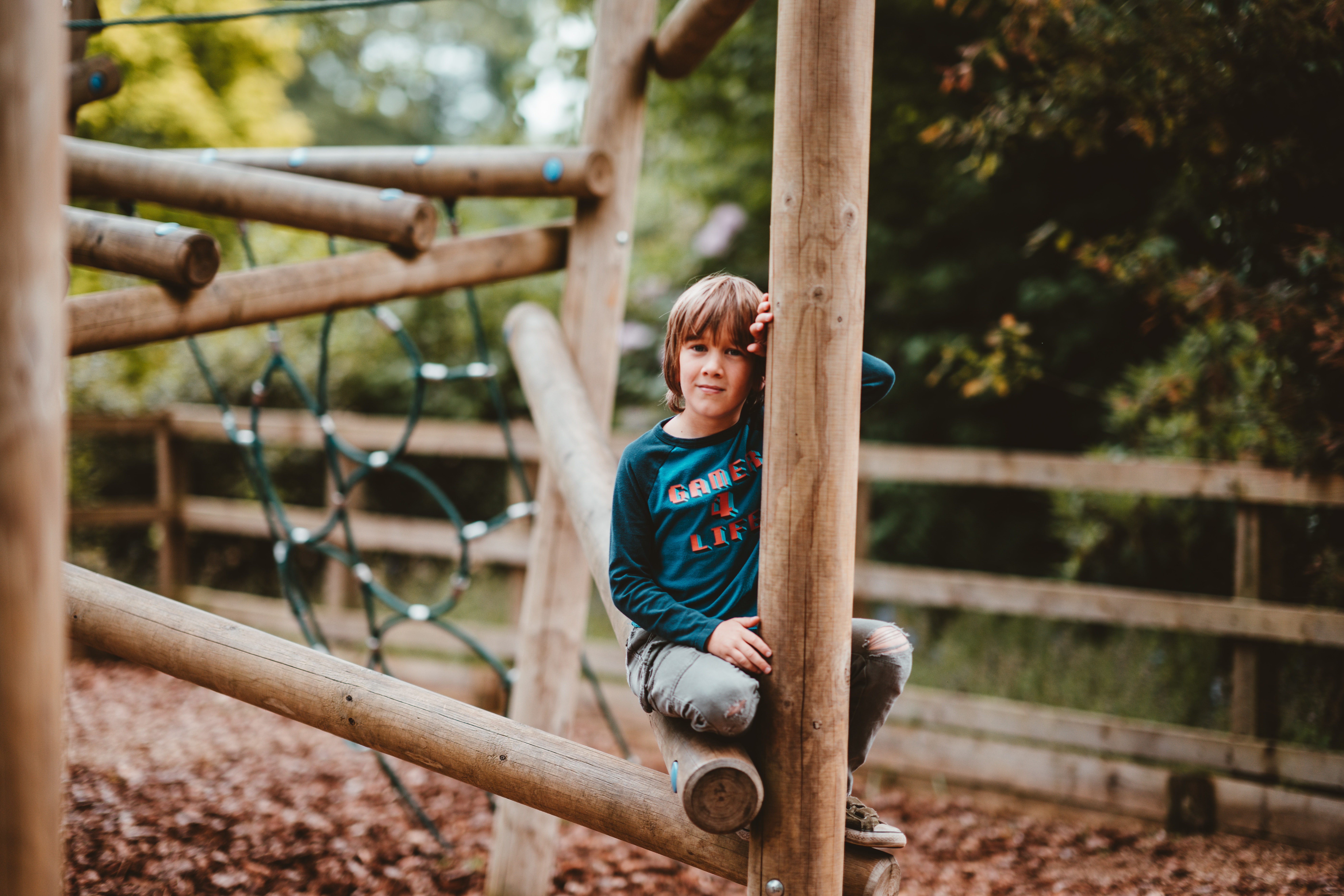
Check whether the child is ready to hear why he/she cannot go to a playground.
In that way, you send a message to the child, that you, as a parent, are taking into consideration that they can decide themselves when they want to hear the reasons.
You can start like this:
“I know how nice it is for you to play at the playground…”
And the end can be:
“Are you now ready to hear the reasons why we will not be playing at the playground during this period?”.
For children, and for us adults, some things need time to settle. Especially when the things don’t go the way we like. And in this case, the children just want to go outside.
And we already said that every human being, including children, wants to be understood, and accepted, particularly by those who love them.
You can also do it like this:
“This whole situation is difficult for us as well, let’s together figure out how we want to spend this day in these conditions. Does that sound alright to you?”
And when you agree on how to organize your day, everything will be much easier.
And now, as always, it is important to cultivate routines, because that is the most efficient technique which ensures predictability, that we all need. The more we have of it with our children, the more acceptable behavior we get.
Routines provide security, and when the children’s need for security is satisfied, you solidify acceptable behaviour.
Dear parents, you can postpone everything except love, and this is an opportunity in which postponing understanding and love further worsen an already difficult situation. Feel free to send me your questions via my Instagram and Facebook account, and to share with me your parenting dilemmas during this period. We are all in this together!
About the author: Smiljana Grujic is a psychologist and psychotherapist dedicated to education and a program manager for the Novak Djokovic Foundation. The focus of her work is compassionate communication and emotional management. Smiljana is one of the authors and the coordinator of the “Support, not perfection” program that supports parents who have children 0-6 years old.





